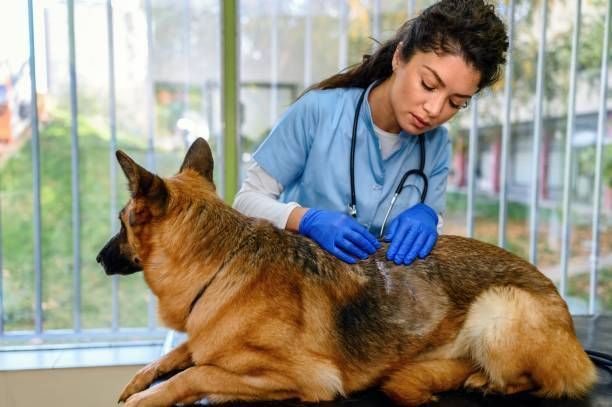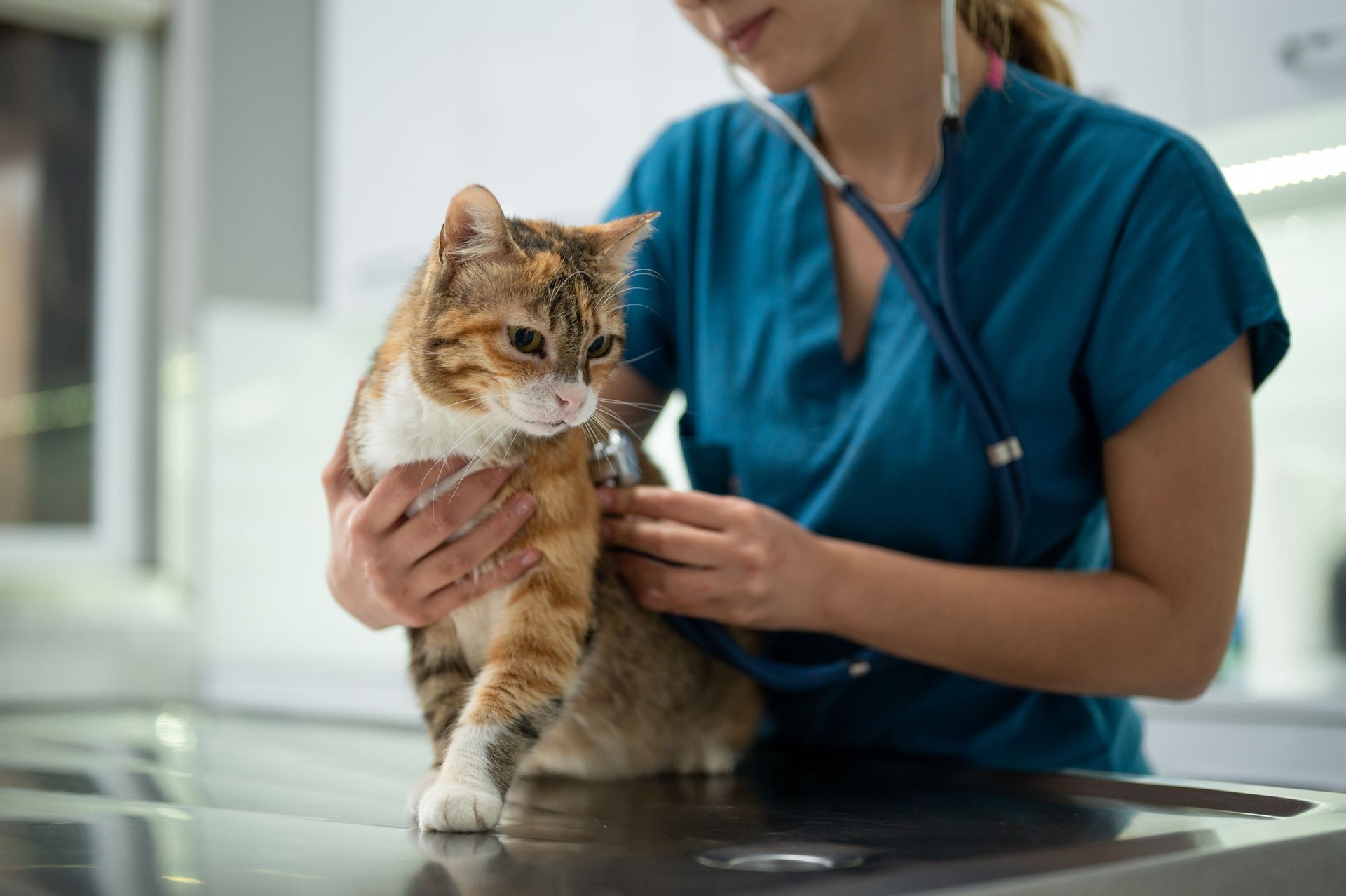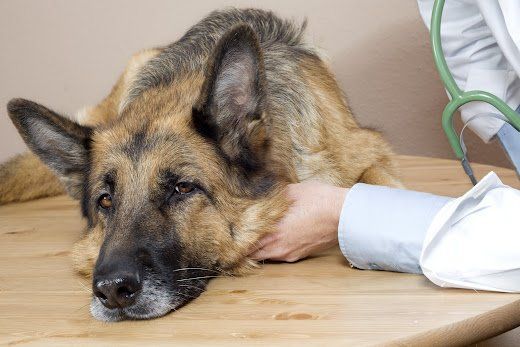4 Pet Health Problems That Can Benefit From Special Diets
Admin • May 5, 2021

Pets can develop a wide range of health issues, including chronic conditions that can grow progressively worse and hurt their quality of life. Fortunately, the proper treatment can often tame these conditions. A veterinary treatment plan may include multiple approaches, including a special diet.
If your pet suffers from a chronic health challenge, investigate the potential benefits of therapeutic diets and discuss dietary options with your veterinarian. Take a look at four common pet health problems that may benefit from such specialized dietary treatment strategies.
1. Obesity
Obesity represents as much of a danger to pets as it does to humans. Animals who carry too much weight have a higher risk for many kinds of chronic health problems, including cardiovascular disease, diabetes, liver and kidney diseases, and certain cancers. Extra weight on joints can trigger or aggravate a painful case of arthritis.
If a wellness exam reveals that your pet needs to lose weight, your veterinarian may combine an exercise plan with a special diet to help those extra pounds meltaway. Some weight-loss diets emphasize high proteins and low carbs, while others add fiber to help animals feel full on less food.
Don't take a do-it-yourself approach to help your pet lose weight through dietary changes. The wrong portion sizes or nutritional balance might cause your pet to lose too much weight too fast or suffer from malnutrition. Your pet may also have an underlying metabolic issue that calls for veterinary diagnosis and treatment.
2. Diabetes
Diabetes, the inability of the body to control its blood sugar levels reliably, can cause serious problems for dogs and cats. In dogs, the problem usually occurs when the pancreas stops producing adequate insulin. In cats, the condition more often occurs due to insulin resistance, usually with obesity playing a role in its development.
In addition to medication, your veterinarian may recommend that your diabetic pet go on a therapeutic diet. This diet may feature high levels of insoluble fiber, which can slow the breakdown of carbs and thus prevent too much sugar from flooding the bloodstream. In fact, extra fiber may actually prove more helpful than carb reduction.
Water plays an important role in a diabetic pet's diet. Since diabetes frequently causes increased urination, keep freshwater on hand for your pet at all times to prevent dehydration.
3. Arthritis
Even after your pet loses unwanted weight, it may continue to suffer from the joint pain associated with arthritis. In the most common form of this disorder, osteoarthritis, the cartilage in the joints breaks down, causing friction, inflammation, and pain whenever the animal tries to flex or bear weight on the affected joint.
Thankfully, veterinarians can often help to control this pain, not only with anti-inflammatory drugs but also through anti-inflammatory diets. These diets may feature some combination of omega-3 fatty acids, glucosamine, and chondroitin. Green-lipped mussels also have anti-inflammatory properties.
Turmeric may also ease arthritis inflammation and pain in pets, although its blood-thinning properties require careful dose control. If your veterinarian approves of turmeric for your pet's condition, you may add it to your pet's food or administer it in capsule form.
4. Bladder Stones
Pets can sometimes develop problems involving bladder stones. These stones typically form when calcium and an organic acid called oxalate bind together, although stones can also consist of other mineral combinations. Liver disease or infections can also trigger their development.
If your pet suffers from bladder stones, careful adjustments to its diet may help reduce stone formation. Your pet may need more water in its diet to help dilute minerals and acids. Depending on the composition of the stones, your pet may need more sodium chloride, a high-fiber diet, or reductions in protein to help reduce urine acidity.
If you need to address a chronic health problem in your beloved pet, turn to Baywood Animal Hospital for answers. Our team can evaluate your pet's condition and prescribe dietary changes and other treatments as needed. Contact our office
today for more information or to schedule an appointment.










